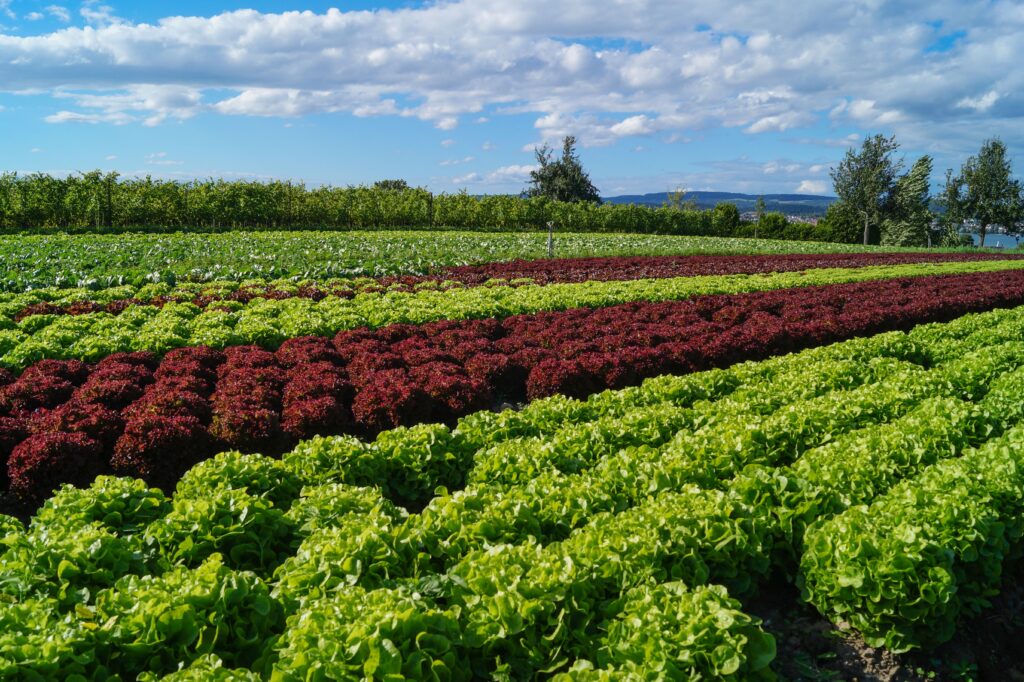Summary of The effect of a plant-derived biostimulant on metabolic profiling and crop performance of lettuce grown under saline conditions
Protein Hydrolysates as Biostimulants in Horticulture: Enhancing Lettuce Growth under Salt Stress
Introduction to Protein Hydrolysates as Biostimulants
Protein hydrolysates as biostimulants in horticulture are emerging as effective tools to enhance crop resilience against abiotic stresses such as salinity. These plant-derived products can improve growth, nutrient uptake, and metabolic activity, helping crops maintain performance even under challenging environmental conditions.
Effects of Protein Hydrolysates on Lettuce Growth
In greenhouse experiments, lettuce plants treated with protein hydrolysates as biostimulants showed significant improvements in growth parameters compared to untreated plants. Both root and foliar applications enhanced fresh yield, dry biomass, and root development under saline conditions, demonstrating the versatility of protein hydrolysates as biostimulants in horticulture.
Physiological and Biochemical Benefits
Application of protein hydrolysates as biostimulants in horticulture increased SPAD index, chlorophyll fluorescence, and nitrogen metabolism efficiency. Plants also showed higher Fv/Fm ratios, indicating better photosystem II performance. Oxidative stress mitigation, osmolyte accumulation, and positive changes in sterols, terpenes, and glucosinolates were observed, highlighting the comprehensive metabolic benefits of these biostimulants.
Optimizing Application Methods
The combined root and foliar application of protein hydrolysates as biostimulants in horticulture provided the most favorable results, maximizing both physiological and metabolic benefits. Weekly root treatments and foliar sprays at 2.5 mL L−1 enhanced plant resilience to salinity while improving overall performance.
Conclusion: Protein Hydrolysates as Biostimulants in Sustainable Horticulture
This study confirms that protein hydrolysates as biostimulants in horticulture can significantly improve lettuce tolerance to salt stress. By enhancing growth, metabolic profiles, and stress resilience, these biostimulants offer a sustainable approach to boost productivity in horticultural systems under abiotic stress conditions.
Publication: Scientia Horticulturae









